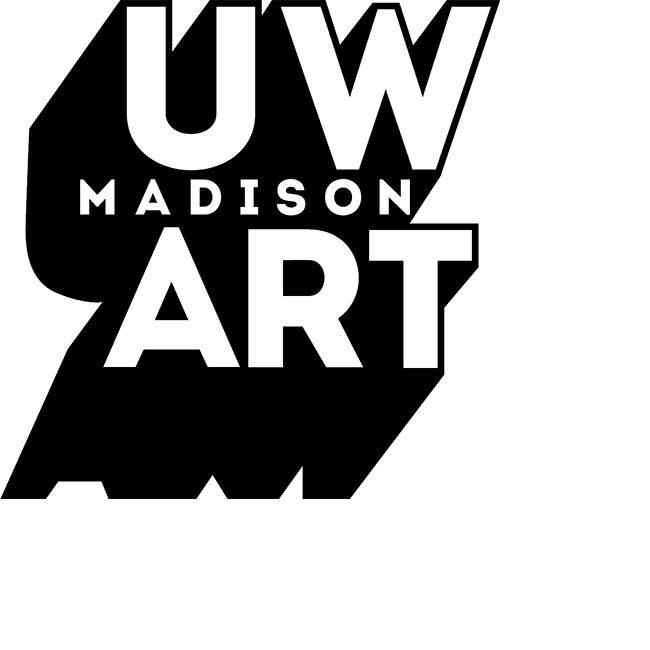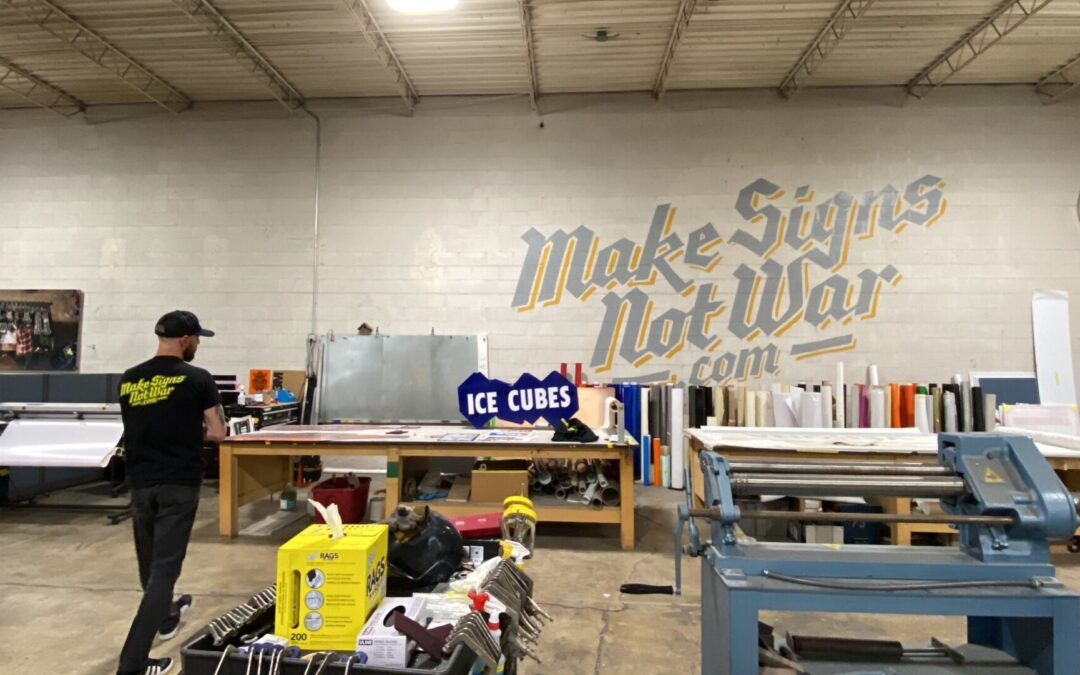Paint was chipped and faded, there were spots of rust, and many of the neon tubes were dark.
But Madison’s Happiest Corner, absent its historic sign since mid-July, is on the verge of becoming a bit brighter.
A nearly six-month restoration project that cost thousands of dollars will culminate at 7 p.m. Friday at the corner of State and Gorham when the 17-foot-high, 5-foot-wide neon sign at Badger Liquor Shop is once again illuminated, this time with a public celebration.
The business has been a State Street staple since 1937, and the hand-lettered sign, which includes five neon drops of beer dripping from a pair of metal bottles, has hung above the shop’s awning since the early 1940s. The return of the 800-pound metal sign brings back a bit of nostalgia and character to a neighborhood where a $100 million apartment building is rising from a massive hole across the street and to a city where vintage neon signs have largely disappeared.
“When we get a project like this, it’s very special,” said Dan Yoder, founder of Sign Art Studio, the Mount Horeb company that led the restoration efforts. “One of the unique things about our shop is that we have the tools and experience to be doing this old, traditional stuff. This one checks all of the boxes, for sure.”
Sign Art Studio
Yoder’s company restored the 55-foot-high Orpheum Theatre sign a few blocks away in 2015 and 2016, and, at that time, his business employed just four people and was located in a 1,600-square-foot space. His shop now has 28 employees in a 17,000-square-foot space in a former dairy plant a block off West Main Street in downtown Mount Horeb. And while historic signs can grab the headlines, Yoder’s primary revenue comes from creating new signs for customers such as Duluth Trading Co., UW Health, Barrique’s and the restaurant Cento. More recent work includes Driftless Social, a new supper club in downtown Mount Horeb, and Lake Ridge Bank, which was created from the merger of Monona Bank and State Bank of Cross Plains.
The Sign Art shop is filled with computer numerical control machines that can cut aluminum, plastic and brass; a 10-foot metal shearing machine, drill presses, a band saw and other tools, but the neon work is subbed out to the Neon Lab, founded in 1999 on Madison’s East Side and purchased in 2010 by longtime neon artist and UW-Madison instructor Thomas Zickuhr.

